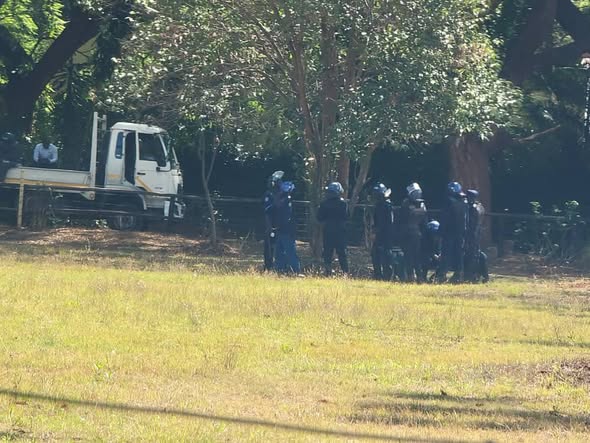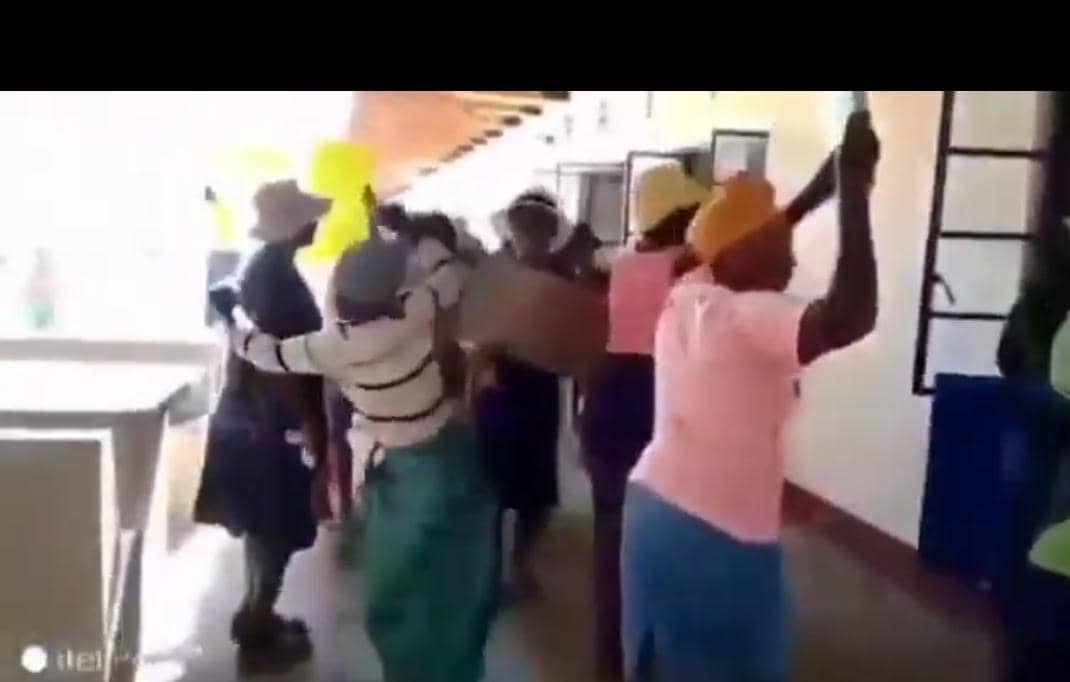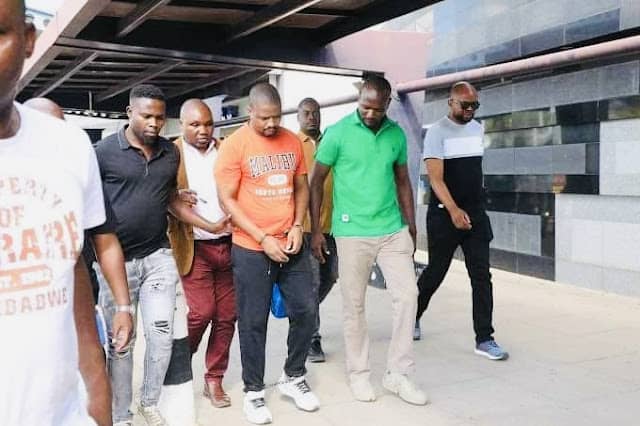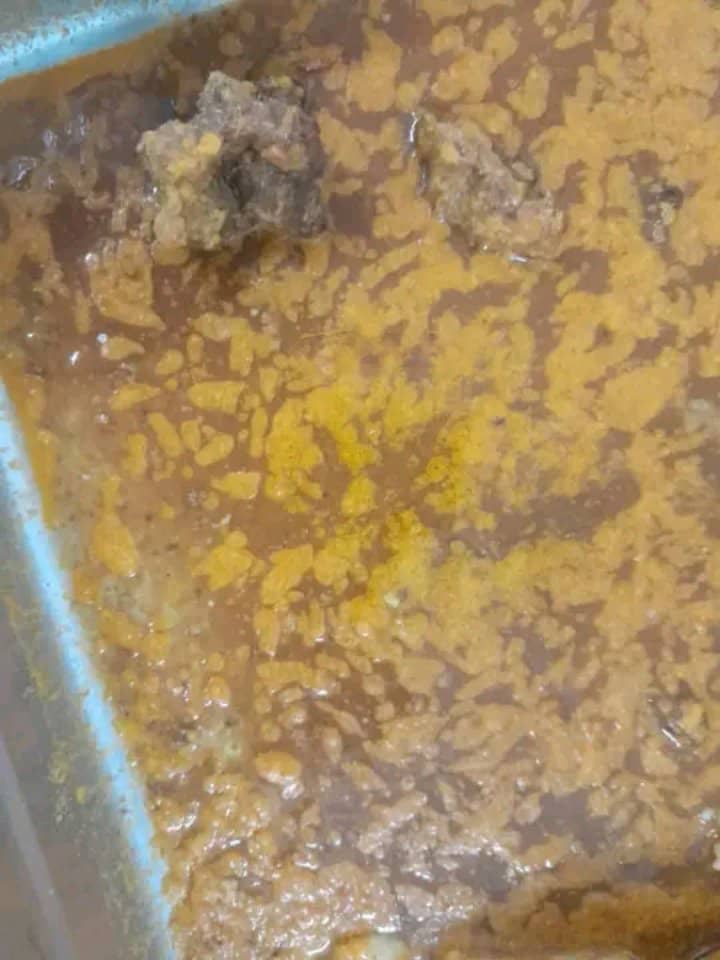
George Charamba, Deputy Chief Secretary to President Emmerson Mnangagwa, recently jumped into Zimbabwe’s ongoing Zvigananda controversy, cleverly referencing a major African business achievement to make his point.
Charamba spotlighted the news of Aliko Dangote, Africa’s richest man, inaugurating his largest cement plant ever—this time outside Nigeria. The $250 million facility, located in Attingué near Abidjan, Ivory Coast, can churn out 3 million tons of cement yearly. This mega-plant is expected to cut Ivory Coast’s dependence on imports and create between 2,000 and 3,000 jobs, giving the local economy a much-needed boost.
Taking to X (formerly Twitter) Charamba addressed Zimbabwe’s business elite with a message that was both pointed and, dare we say, slightly cheeky. He argued that investors who genuinely commit to Africa’s development avoid being branded Zvigananda—a term used for those who stash away wealth overseas instead of reinvesting it locally. And just to keep things light, he threw in a playful disclaimer, insisting he wasn’t picking sides in the Zvigananda saga ( who doesn’t love a bit of diplomatic ambiguity?).
He posted:
“WHEN AFRICAN CAPITALISTS INVEST MEANINGFULLY IN AFRICA, NO ONE CAN EVER CALL THEM ZVIGANANDA!!! It’s when CAPITAL ACCUMULATION leads to CAPITAL FLIGHT through externalisation that we have the phenomenon of ZVIGANANDA!!!!! Musandituke kana kundipa divi!!!!!
Charamba’s remarks sparked lively debate online. Some Zimbabweans applauded the call for meaningful investment across the continent, while others pointed out that the issue isn’t black and white—citing local investors who have poured resources into Zimbabwe but still face an uphill battle.
@realyassinali summed it up nicely: “African Capitalists build the future by investing here. Zvigananda just run away with the loot, leaving us poorer. The real power is in keeping wealth at home.”
– @toneo1st got a bit philosophical: “Proper capital accumulation here means genuine foreign direct investment and GDP growth. On that sober note, well said.”
– @AC21793717 threw out a suggestion: “The government should nudge the wealthy to invest locally. Maybe Strive Masiyiwa could show the way, or even lead the charge for those ready to make the leap.”
– @JohnJon98761329 wasn’t buying the oversimplification: “Not true, Mukoma. Some locals have invested heavily and supported the government, even earning sanctions for it.”
– And @PChisveto added a dash of irony: “This guy once brought a team to invest and create jobs, but we decided to ‘look East’ instead—with folks who apparently can’t even respect laws or courts. Meanwhile, Bryden Country School is struggling. Go figure.”
So, while Charamba’s take on Zvigananda might be a bit sarcastic, it’s clear that the conversation about investment, capital flight, and economic nationalism in Zimbabwe is anything but straightforward. Whether investors are saints or sinners—or somewhere in between—remains the question everyone’s still trying to answer. But hey, at least the cement is being made somewhere on the continent, right?
end //..






